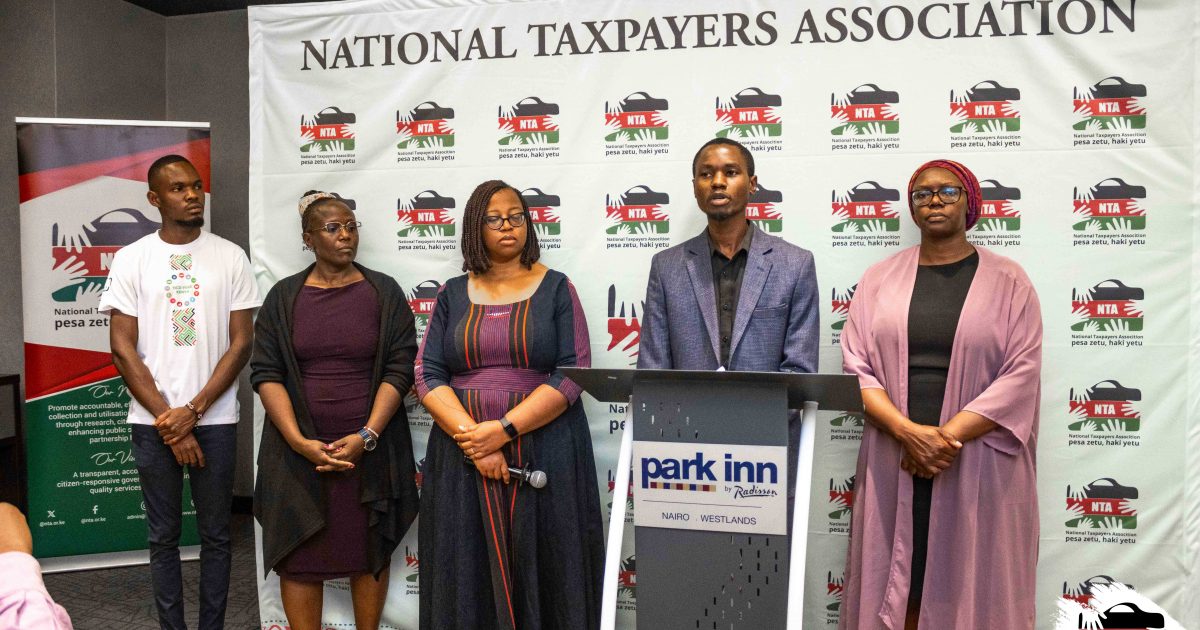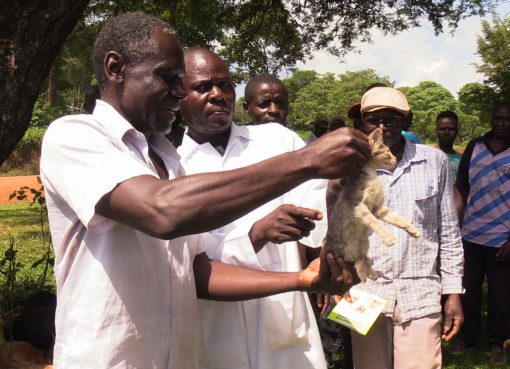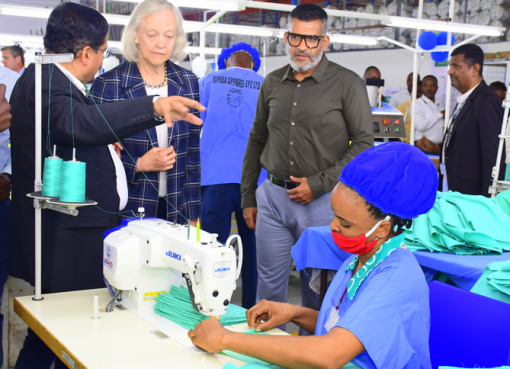Civil Society Organizations’ (CSOs) are calling upon cigarette manufacturer British American Tobacco Kenya (BAT Kenya) to be accountable and transparent on reports of tax evasion and tax avoidance.
Led by the National Taxpayers Association (NTA) and Tax Justice Network Africa (TJNA), the CSOs called for a forensic audit in the wake of a report released in February 2025 by the Investigative Desk that BAT Kenya may have failed to pay up to US$28 million in corporate taxes.
They spoke during a stakeholders’ meeting in Nairobi to discuss the findings of an investigative report concerning British American Tobacco Kenya (BAT Kenya) Illicit Financial Flows (IFFs) and the implications of the findings and the collaborative actions to take.
The report, published by the University of Bath’s Tobacco Control Research Group (TCRG) in collaboration with The Investigative Desk and Tax Justice Network Africa in February 2025, highlights a significant US$93 million revenue discrepancy in BAT Kenya’s financial disclosures for the years 2017 and 2018.
Irene Otieno, the National Coordinator NTA said that there’s need for thorough investigations to establish whether it is true that BAT Kenya has made the country lose a lot of money that could be used to provide key public services.
“We are calling for quick action from the Kenya Revenue Authority (KRA) to investigate the matter to ascertain the claims of tax evasion and avoidance by BAT Kenya,” said Otieno.
Thomi Gotschi, Economic Researcher and Analyst, TJNA, said that Kenya loses about Sh68 billion per year through illicit trade and exploitation in the tobacco business.
“Other than business, the tobacco industry has other negative effects in the society including the exploitation of farmers, healthcare costs and loss of productivity due to the destructive effects of tobacco smoking,” explained Gotschi.
In a rejoinder, BAT Kenya has firmly rejected the allegations made regarding the discrepancy between its published financial disclosure and data referred to in the report by The Investigative Desk and others.
According to BAT Kenya, the authors of the report applied erroneous assumptions to their calculations of the company’s profit from revenues and the tax due for cigarette sales for the fiscal year 2017/2018.
BAT Managing Director Crispin Achola said that after the review of the contents of the report published on 12th February 2025 by the Investigative Desk titled, Missing millions; A cross examination of British Tobacco Kenya’s tax bill, they established that the report mainly anchored on conjecture, contains numerous errors and misrepresentations of BAT Kenya’s operations.
“BAT Kenya unequivocally and firmly rejects the allegations made, including those regarding the discrepancy between the company’s published financial disclosure and data referred to it in the report”, said Achola.
As a public company listed on the Nairobi Securities Exchange, BAT Kenya publishes financial disclosures in its annual reports and audited financial statements in line with the applicable Capital Markets Authority regulations and international reporting standards”, he stated.
Meanwhile, the Kenya Revenue Authority (KRA), which had been tasked to investigate the matter, through a statement to the media, said that it takes the allegations highlighting a potential US$28 million tax discrepancy involving BAT Kenya seriously and that it is committed to upholding the integrity of Kenya’s tax system.
The statement further says that KRA is currently reviewing the findings of the report and that it will take appropriate action.
“Our mandate is to ensure that all corporations operating within Kenya comply fully with tax regulations and any evidence of tax avoidance or evasion will be addressed with the utmost urgency,” read part of the statement.
According to the statement, KRA appreciates the role of independent research organizations in promoting transparency and accountability and it remains dedicated to collaborating with all stakeholders to safeguard Kenya’s revenue and economic interests.
By Bethsheba Abuya





